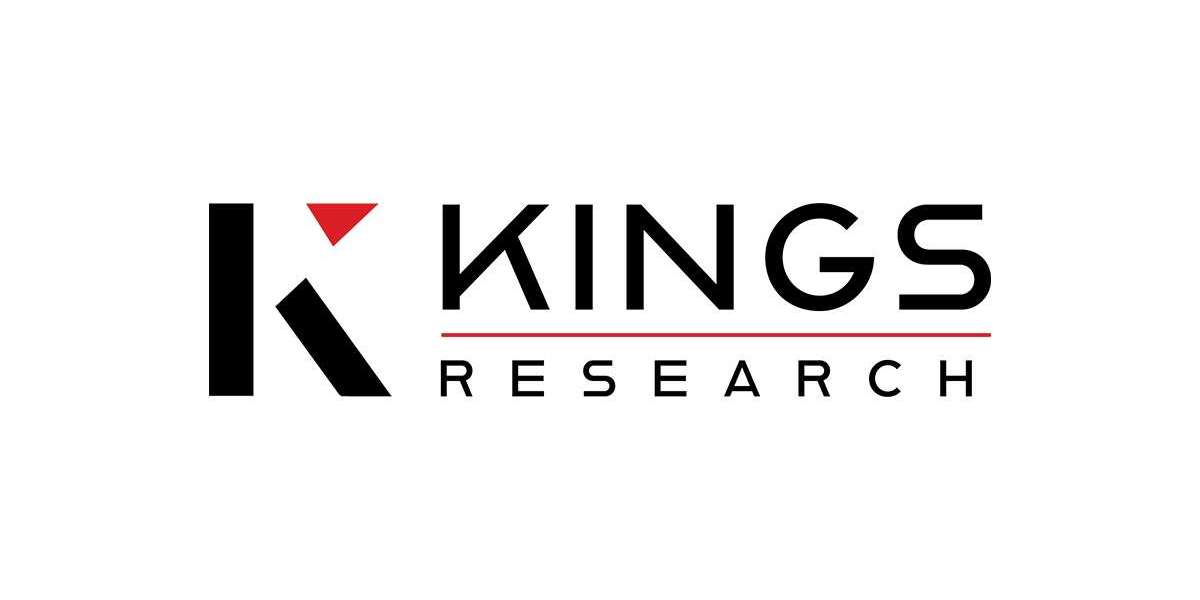Introduction:
Sinus allergies can be a persistent and bothersome condition, leaving individuals searching for effective remedies to alleviate their symptoms. While there are various conventional treatments available, some people turn to homeopathy as an alternative approach. In this blog, we'll explore how homeopathy can help combat sinus allergies with a focus on home remedies, lifestyle changes, and the principles of homeopathy.
Understanding Sinus Allergies:
Sinus allergies, also known as allergic rhinitis or hay fever, occur when the immune system reacts to allergens like pollen, dust mites, pet dander, or certain foods. This immune response triggers the release of histamines, leading to symptoms such as sneezing, nasal congestion, itchy or watery eyes, and sinus pressure.
The Role of Homeopathy:
Homeopathy is a holistic system of medicine that aims to stimulate the body's natural healing processes. Instead of suppressing symptoms, homeopathic remedies work to address the root cause of the condition. Many individuals with sinus allergies turn to homeopathy for its gentle and individualized approach.
Homeopathic Remedies for Sinus Allergies:
1. Steam Inhalation:
Steam inhalation helps relieve nasal congestion and soothe irritated sinuses. To perform this remedy, boil a pot of water, lean over it with a towel covering your head, and inhale the steam. Adding a few drops of essential oils like eucalyptus or lavender can enhance the benefits. Steam inhalation can be done several times a day, especially during allergy flare-ups.
2. Saline Nasal Rinse:
A saline nasal rinse is a highly effective way to clear mucus and allergens from your nasal passages. Use a neti pot or a saline nasal spray to irrigate your sinuses. Be sure to use distilled or previously boiled water and follow proper instructions for safe nasal rinsing. This practice can help reduce congestion and minimize sinus pressure.
3. Honey and Warm Water:
Honey is a well-known natural remedy with anti-inflammatory properties that can soothe a sore throat caused by postnasal drip. To prepare this remedy, mix a tablespoon of honey with warm water and drink it. It not only provides relief but also offers a comforting and natural solution for throat discomfort.
4. Quercetin-Rich Foods:
Quercetin is a flavonoid found in various foods, including apples, onions, and citrus fruits. It has anti-inflammatory and antioxidant properties that may help reduce allergic reactions and inflammation. Incorporate these quercetin-rich foods into your daily diet to support your immune system and minimize the impact of allergens.
5. Turmeric:
Curcumin, the active compound in turmeric, possesses potent anti-inflammatory properties. To utilize turmeric for sinus allergy relief, consider adding it to your meals or making a soothing turmeric tea. This remedy not only helps reduce inflammation but also contributes to overall wellness.
6. Probiotics:
Maintaining a healthy gut can play a significant role in reducing your susceptibility to allergies. Probiotics, found in foods like yogurt, kefir, and fermented vegetables, support your gut health and immune system. Including probiotic-rich foods in your diet may help mitigate allergy symptoms over time.
7. Local Honey:
Although scientific evidence is limited, some individuals believe that consuming local honey can desensitize the body to local pollen, potentially reducing allergy symptoms over time. While this remedy may not work for everyone, it is a safe and tasty option to explore, especially if you enjoy honey.
Lifestyle Changes for Sinus Allergy Management:
1. Allergen Avoidance:
Effective allergen avoidance is essential for managing sinus allergies. During high pollen seasons, keep your windows closed to prevent allergens from entering your home. Additionally, consider using air purifiers with HEPA filters to capture airborne particles and reduce indoor allergen levels. Regularly cleaning your home, particularly vacuuming and dusting, can help minimize dust mites and pet dander.
2. Nasal Irrigation:
Incorporate nasal irrigation into your daily routine to keep your nasal passages clear and reduce congestion. Using a saline nasal rinse can effectively flush out irritants and provide relief from sinus pressure.
3. Hydration:
Staying well-hydrated is crucial for individuals with sinus allergies. Drinking plenty of water helps to thin mucus, making it easier to expel and reducing congestion.
4. Humidifiers:
Using humidifiers in your home, especially during dry seasons, can maintain optimal indoor humidity levels and soothe irritated nasal passages. A well-maintained humidity level can alleviate dryness and discomfort associated with sinus allergies.
Principles of Homeopathy and Sinus Allergies:
Homeopathy is based on several fundamental principles that guide its approach to treating sinus allergies:
- Like Cures Like: Homeopathic remedies are selected based on the principle that a substance that can cause symptoms in a healthy individual can also treat similar symptoms in a person suffering from an ailment. For example, a remedy that produces symptoms resembling those of sinus allergies in a healthy person can be used to treat those allergies.
- Individualized Treatment: Homeopathy recognizes that each person is unique and experiences symptoms differently. Homeopathic practitioners take into account the individual's physical, emotional, and mental state when prescribing remedies. This personalized approach ensures that the chosen remedy matches the patient's specific symptoms and constitution.
- Minimum Dose: Homeopathic remedies are highly diluted substances, and they follow the principle of the minimum dose. The more a remedy is diluted and succussed (shaken), the more potent it becomes. This paradoxical approach aims to stimulate the body's vital force gently, without overwhelming it.
- Holistic Approach: Homeopathy treats the whole person rather than just the disease or its symptoms. It seeks to balance the individual's physical, emotional, and mental aspects, aiming for overall well-being.
In the context of sinus allergies, homeopathic practitioners select remedies that match the patient's specific symptoms, considering factors such as the type of nasal discharge, aggravating and ameliorating factors, and emotional state. A well-prescribed homeopathic remedy seeks to address the underlying causes of sinus allergies, providing relief and reducing the frequency and severity of allergic reactions.
Conclusion:
Homeopathy offers a natural and holistic approach to combating sinus allergies, combining home remedies, lifestyle changes, and individualized treatment. By exploring the world of homeopathy and incorporating these practices into your sinus allergy management, you can find relief and improve your overall well-being. Remember that individual responses can vary, so consult with a healthcare provider or a qualified homeopathic practitioner to ensure the best outcome for your health.
For Doctor Consultation Visit: http://dharmahomeo.com/
Source: https://www.diigo.com/item/note/9janl/2hr4?k=4fa6606d336d9b68a477c895e751a0af



